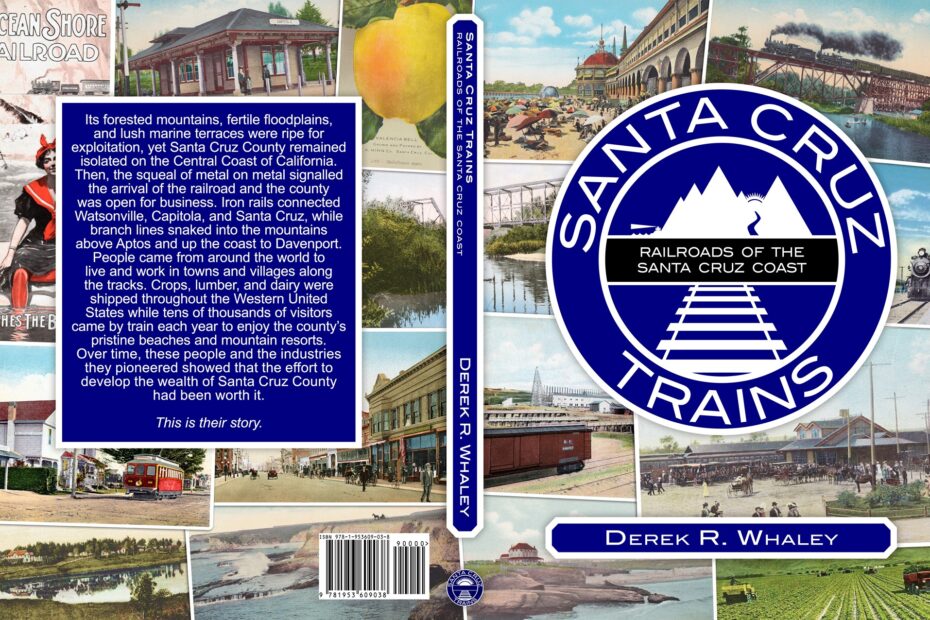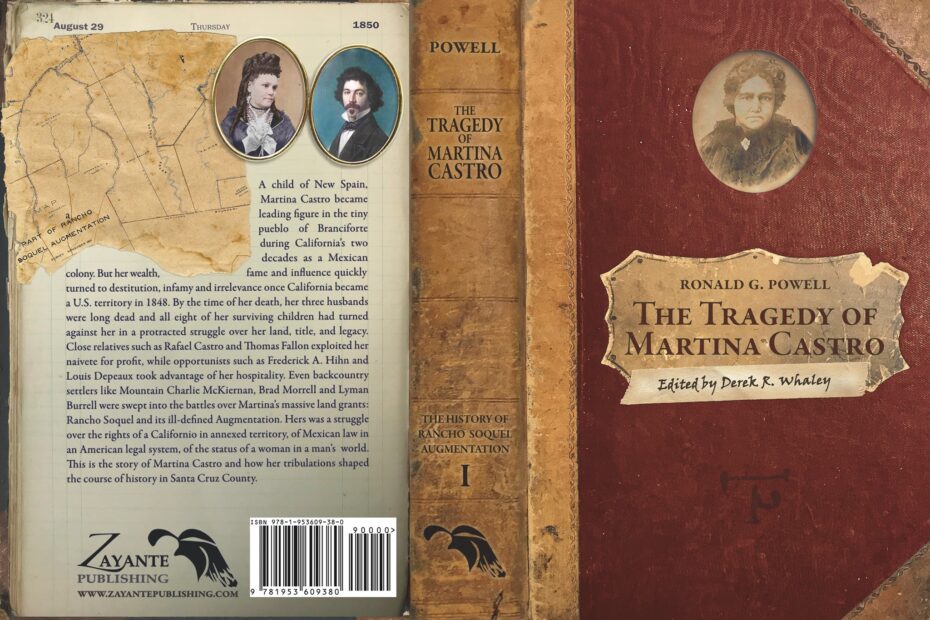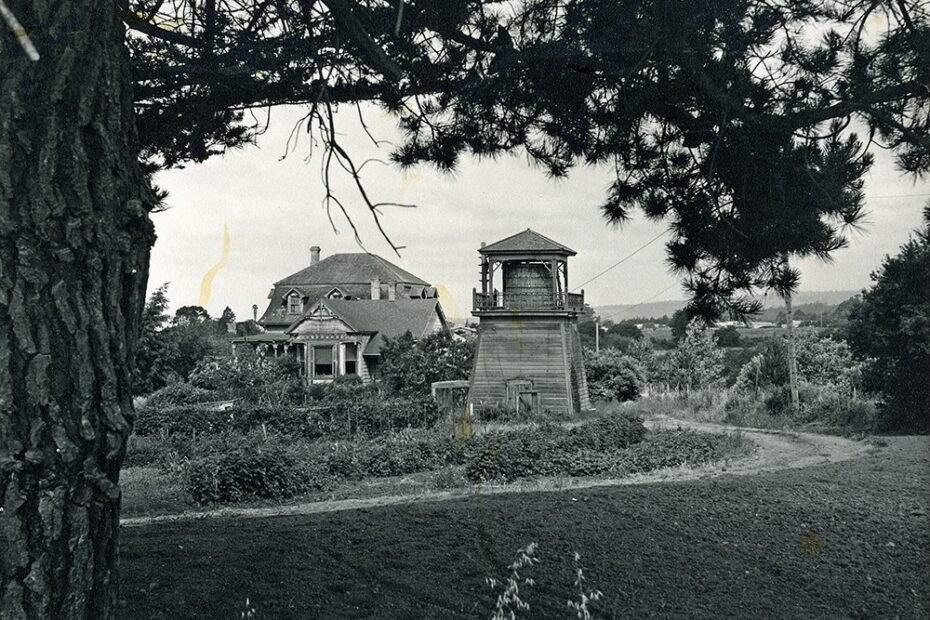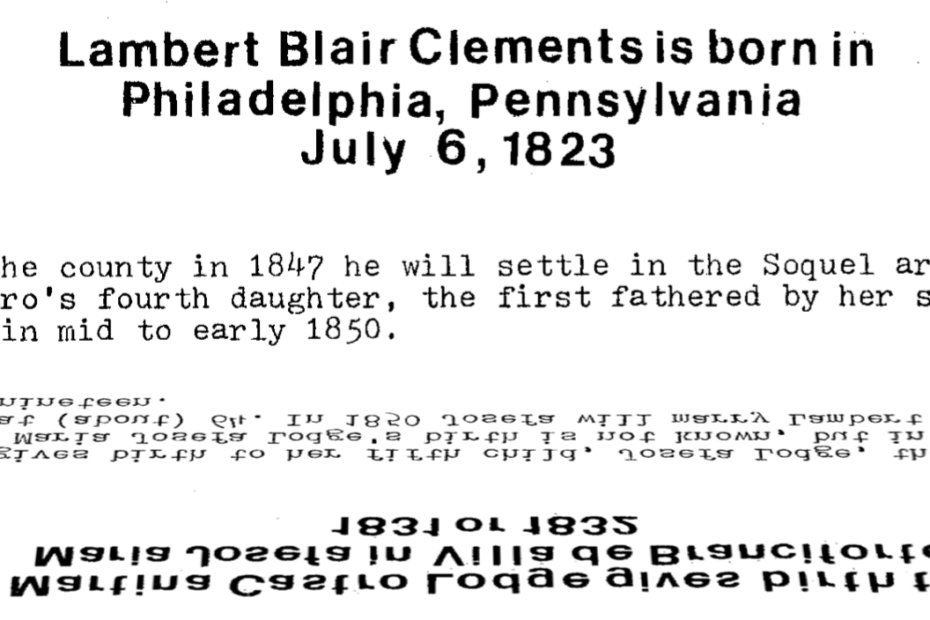Two Trilogies to Rule Them All, Part 2
Last week I discussed my progress with Ronald G. Powell’s The History of Rancho Soquel Augmentation trilogy of books. They are all on track with the first coming out this month and the others planned to release next year (fingers crossed!). However, Santa Cruz Trains remains my core focus both online and mentally, and the Powell books are partially being done in order to make future Santa Cruz Trains books better all around, since they… Read More »Two Trilogies to Rule Them All, Part 2




